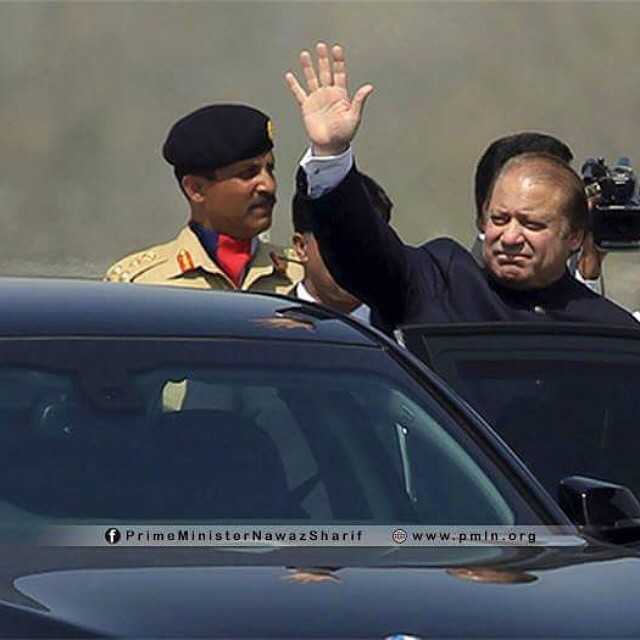Since its creation in 1947, the Pakistani state has not seen a single Prime Minister serve out his full term and the Supreme Court of Pakistan made sure that Nawaz Sharif kept the tradition with a unanimous decision to declare him guilty of small crimes and misdemeanours in connection with off-shore accounts that came to light with the Panama papers leak. There were also undeclared accounts in the Gulf connected to Sharif, and the charges have led to his immediate resignation and ouster from office.
Sharif’s party – Pakistan Muslim League – Nawaz(PML-N) alleged unfair trial and vendetta against the prime minister, with many suggesting the move as the Pakistani military’s attempt to win back control of the state. However, political corruption is not something new in Pakistan. The Bhutto-Zardari clan, the other political family in the country, battled allegations of massive graft which included the nickname of the “10 per cent man” for Asif Ali Zardari, husband of prime minister and slain Benazir Bhutto.
The ouster of Sharif has plunged the country into yet another crisis, and the ruling PML-N plans to appoint Nawaz’s brother and the chief minister of Punjab, Shahbaz Sharif, as the next PM. However, Shahbaz first has to get elected to the National Assembly which would mean that the country would have an interim Prime Minister for now. This could be anywhere from the next 45 days to the entire term. Amongst possible candidates are Sharif allies Defence Minister Asif Khawaja, Planning Minister Ahsan Iqbal and Petroleum Minister Shahid Abbasi.
Pakistan’s leadership vacuum comes at a time of worsening ties with the United States that has cut funding over its ties to China and terror networks carrying out attacks against NATO forces in Afghanistan. At the same time, domestic terrorism has blossomed in the recent years, and the US drone strikes have moved out of the frontier areas into population centres, raising concerns over Pakistani sovereignty.

